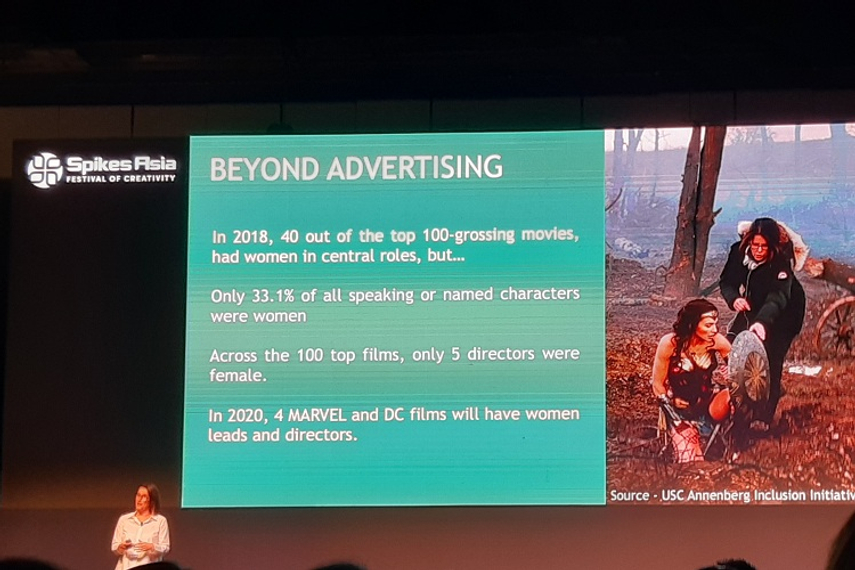
Please sign in or register
Existing users sign in here
Having trouble signing in?
Contact Customer Support at
[email protected]
or call+852 3175 1913
Julie Bramham makes a strong case for doing away with gender stereotypes at the inaugural session of Spikes Asia 2019

Contact Customer Support at
[email protected]
or call+852 3175 1913
Top news, insights and analysis every weekday
Sign up for Campaign Bulletins
The chief executive tells Campaign why the IPG acquisition makes sense, what the impact will be and what will determine success.
At Cannes 2025, Adobe’s Shantanu Narayen and Publicis’ Arthur Sadoun unpacked why AI may power creativity—but humans still pilot it.
Our editors from the UK, US, Canada and APAC report from Campaign House at Cannes Lions 2025.
Publicis Creative had a commanding year, with Leo Burnett cementing its place as APAC’s new creative powerhouse across major award shows. But as structural shifts continue to take shape, all eyes are on how this momentum carries forward.